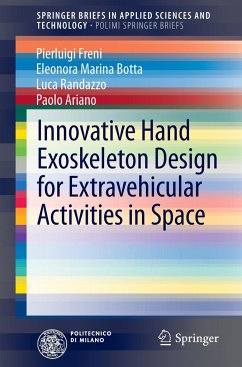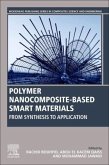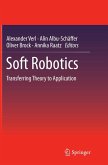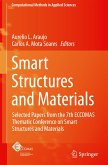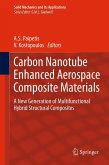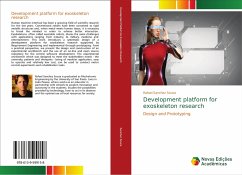Environmental conditions and pressurized spacesuits expose astronauts to problems of fatigue during lengthy extravehicular activities, with adverse impacts especially on the dexterity, force and endurance of the hands and arms. A state-of-the-art exploration in the field of hand exoskeletons revealed that available products are unsuitable for space applications because of their bulkiness and mass. This book proposes a novel approach to the development of hand exoskeletons, based on an innovative soft robotics concept that relies on the exploitation of electroactive polymers operating as sensors and actuators, on a combination of electromyography and mechanomyography for detection of the user's will and on neural networks for control. The result is a design that should enhance astronauts' performance during extravehicular activities. In summary, the advantages of the described approach are a low-weight, high-flexibility exoskeleton that allows for dexterity and compliance with theuser's will.
Bitte wählen Sie Ihr Anliegen aus.
Rechnungen
Retourenschein anfordern
Bestellstatus
Storno

